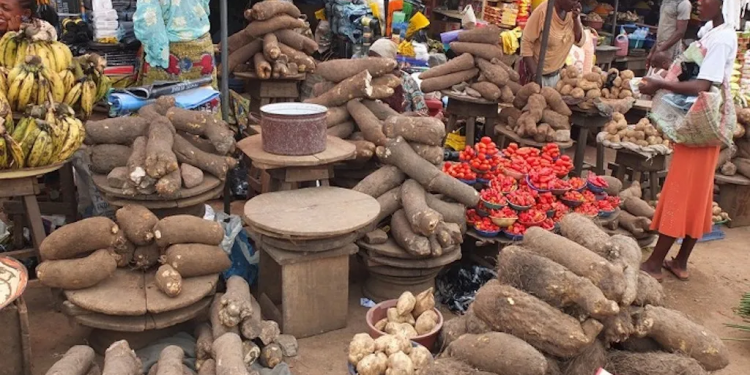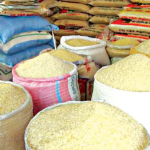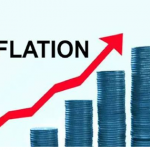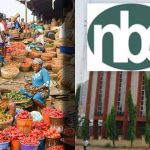Nigeria’s headline inflation rate surged to 34.60% in November 2024, up from 33.88% in October 2024, according to the latest report from the National Bureau of Statistics (NBS). This represents a 0.72% increase from the previous month, highlighting the ongoing economic pressures facing the country.
On a year-on-year basis, the November 2024 inflation rate was 6.40% higher than the 28.20% recorded in November 2023. This indicates a significant increase in the overall cost of goods and services compared to the same period last year.
Food inflation has been particularly sharp, reaching 39.93% in November 2024, up from 32.84% in November 2023. On a month-on-month basis, the food inflation rate increased by 0.05%, rising from 2.94% in October to 2.98% in November. The rising cost of food items like mudfish, dried catfish, rice, yam flour, corn flour, milk, and frozen chicken has significantly contributed to the spike in food prices.
The escalation in food and commodity prices is part of Nigeria’s ongoing cost-of-living crisis, one of the worst the country has faced since its independence over six decades ago.
The rise in inflation follows economic reforms introduced by President Bola Tinubu after his inauguration in May 2023, which included the removal of the petrol subsidy and the floating of the naira. These policies led to a dramatic increase in petrol prices, which skyrocketed from less than N200 per litre to over N1,100, and caused the naira’s value to plummet from around N700 to N1,600 per dollar. International institutions like the World Bank and the International Monetary Fund have previously warned that these policy changes, while necessary for long-term stability, could exacerbate inflationary pressures in the short term.
As Nigerians continue to grapple with rising inflation, particularly in food prices, the government’s economic policies will remain a key factor in determining the nation’s ability to stabilize its economy in the future.










